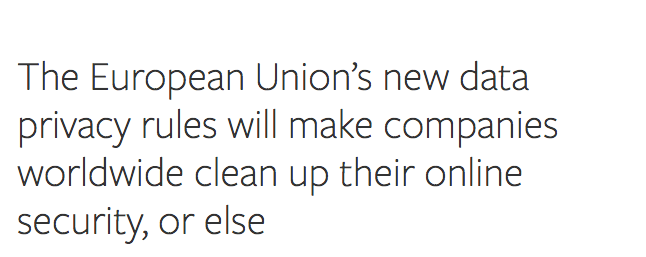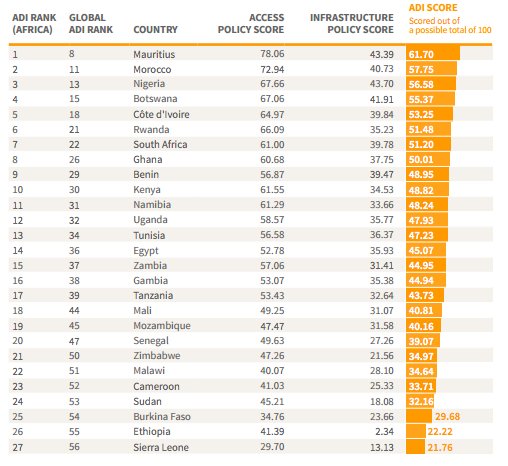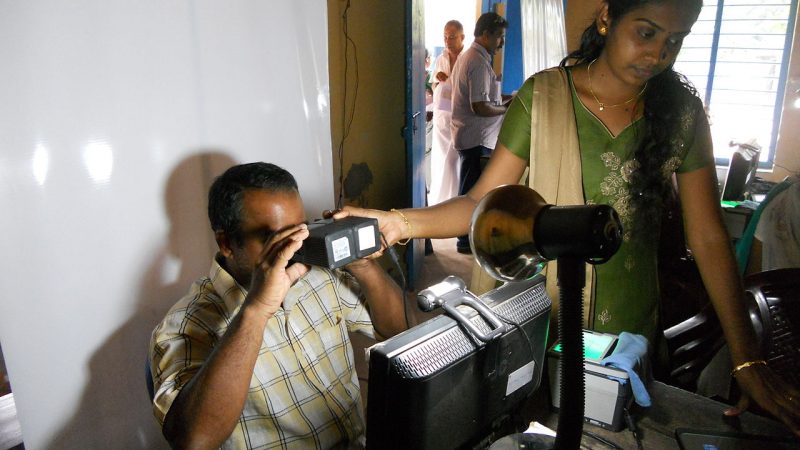Sign-On Statement regarding the 2014 Internet Governance Summit in Brazil
(This statement was initiated on the Best Bits platform, and it has received consultative feedback from members of Best Bits and the Civil Society Internet Governance Caucus.)
We, the undersigned organizations and individuals from around the world, recognize that we are in a critical moment for the Internet Governance regime, in which the increasing use of surveillance mechanisms poses a challenge for the whole community to tackle. Proactive action is required to restore trust and to ensure human rights are respected and upheld. We remain committed to the development of an open Internet and its use for advancing human rights, express our hope and expectation that the Internet governance summit in Brazil in 2014 incorporate a multistakeholder model of agenda setting, participation and decision making from its inception. This requires:
- The event should discuss what Internet governance architecture is required to support an inclusive, people-centric, development-oriented information society. We believe that this requires at the very minimum that such a structure is democratic, in that it should be inclusive of all countries and all stakeholders, and that it protects and promotes human rights.
- The full participation of civil society stakeholders in planning and in the meeting should be guaranteed and resourced.
- A strengthened Internet Governance Forum could play a role in the future Internet governance arrangements to be discussed at the event, and it should be linked with the CSTD WGEC process as appropriate.
- The event should extend beyond good will speeches or presentations of good intentions and seek to produce actionable outputs. Modalities should be developed to allow all stakeholders, including remote participants, to participate on an equal footing from the preparatory process to final outputs.
We stress that opening doors for more stakeholders to attend meetings is not sufficient. Multistakeholderism has been used with a variety of meanings, sometimes only referring to a very limited kind of openness and consultation. If the goal is to achieve an open, inclusive and participatory debate, it is crucial that civil society is centrally involved at every step of the decision-making process.
If you wish to endorse this statement, please send email to <coordinators@igcaucus.org> indicating the name of the individual or organization expressing endorsement and, where appropriate, the person’s or organization’s country.
So far the following endorsements from organizations have been received:
- Consumers International
- The World Wide Web Foundation
- Pasifika Nexus
- GodlyGlobal.org
- Internet Democracy Project, India
- Electronic Frontier Finland
- Korean Progressive Network Jinbonet
- Opennet Korea
- Sorge Magazine, Indonesia
- DIGILEXIS, headquartered in Abidjan, Cote D’Ivoire
- ITU-APT Foundation of India
- Data And Investment Consult Lebanon
- Gambia YMCA
- Asociación Colombiana de Usuarios de Internet
- GIVEN LIFE ORGANIZATION (GLO)
- Foundation for Media Alternatives (FMA), Philippines
- Intlnet
- New America Foundation’s Open Technology Institute
- FUNREDES
- Connecting.nyc Inc.
- Bangladesh NGOs Network for Radio and Communication (BNNRC)
- Medienstadt Leipzig e.V.
- IT for Change, India
- South Pacific Computer Society
- Internauta Brasil
- Association for Progressive Communications (APC)
- Instituto Nupef, Rio, Brazil
- European Media Platform
- Bytes for All, Pakistan
- Global Partners Digital
- Bolo Bhi, Pakistan
- CCOAI, India
- Bangladesh Dignity Forum
- Software Freedom Law Centre SFLC.in, India
In addition, the following persons have endorsed the statement in their personal capacity:
- Lee W. McKnight, Kauffman Professor of Entrepreneurship and Innovation, Syracuse University iSchool, USA
- Salanieta Tamanikaiwaimaro, Fiji
- Norbert Bollow, Switzerland
- Sonigitu Ekpe, Nigeria
- Y.J. Park, SUNY Korea
- Professor Chris Marsden, School of Law, University of Sussex
- Walid Al-Saqaf
- Karim ATTOUMANI MOHAMED from Comoros
- Izumi Aizu, Japan
- Imran Ahmed Shah
- Evang. (Dr.) Michael O. A. Idubor
- Hago Dafalla, Sudan
- Carolina Aguerre, Argentina
- Carlton Samuels, Jamaica
- Jeremy Hunsinger, Assistant Professor of Communication Studies, Wilfrid Laurier University and Co-Director Center for Digital Discourse and Culture, Virginia Tech
- Prof. Dr. Wolfgang Benedek, Institute of International Law and International Relations, University of Graz, Austria
- Dave Kissoondoyal
- Cheryl Langdon-Orr
- Fouad Bajwa, Pakistan
- Norbert Klein, Cambodia
- David Solomonoff
- Prof. Wolfgang Kleinwächter, University of Aarhus
- Qusai AlShatti
- Suresh Ramasubramanian, India
- Sylvia Herlein Leite, Brazil
- Ian Peter, Australia
- Prof. Dr. Nuno Garcia, Portugal
- Dr John Selby, Macquarie University, Australia
- Paulina Ravouvou, Auckland, New Zealand
- Jodie Nanuman, Vanuatu
- Oksana Prykhodko, Ukraine
- Suluo Daunivalu, Pacific Art Gallery Director, Riga, Latvia
- Ing. Petr Hornát, Prague, Czech Republic
- Mwendwa Kivuva, Kenya
- Tevita Tamanikaiwaimaro, Lami, Fiji
- Marc Perkel, founder of Church of Reality
- Ian Thomson, New Zealand
- Lai Tora, Fiji
- Bayezid Dawla, Executive Director, Civic Bangladesh
- Gorka Orueta Estibariz, Spain
- Aboudem Bavou Clément Martial, Cameroon



